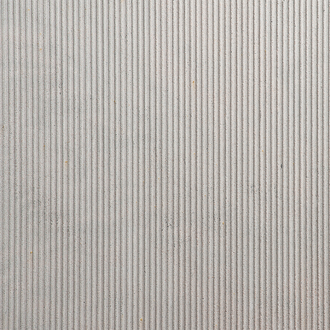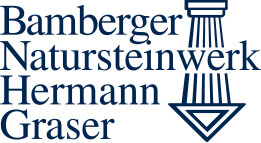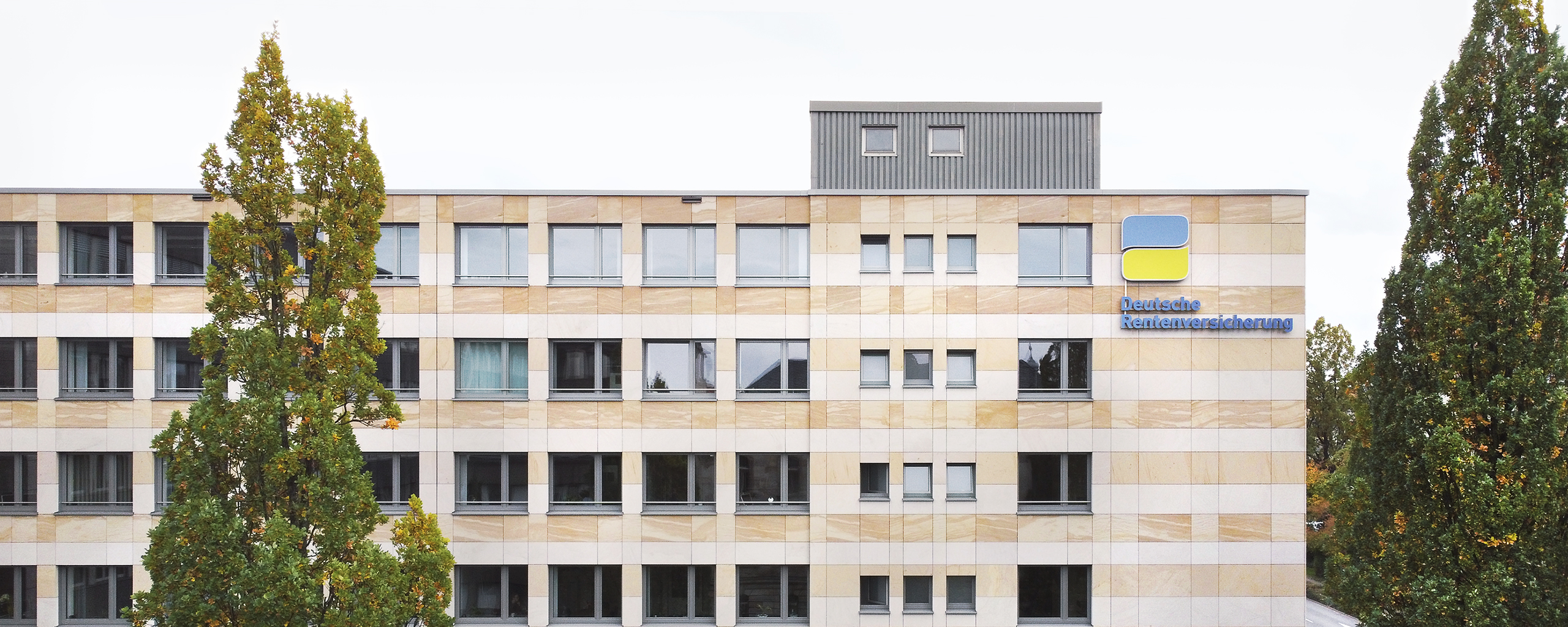Mainsandstein, weiß-grau
white-grey sandstone

“Mainsandstein, weiß-grau” is characterised by its mostly light colour and by subtle, fresh veining. This extremely popular sandstone creates a great impression and blends in beautifully with its surroundings. It has proven to be a superb material for outdoor applications and façade installations thanks to its qualitative properties and its frost resistance. Furthermore it stands up well to acid rain and air pollution. Numerous traditional and contemporary buildings bear witness to this.
The quarries yielding “Mainsandstein, weiß-grau” have been in use for more than 1000 years and they are still the most reliable and productive quarries in Germany for fine-grained, whitish-pale sandstone.
Regional “Mainsandstein, weiß-grau” is a highly sustainable building material.
SURFACE FINISHES











Specifications
Further trading names
Breitbrunner Sandstein, Klaubholzer Sandstein, Schönbrunner Sandstein, Neubrunner Sandstein, Schönbacher Sandstein, Eltmanner Sandstein, Coburger Bausandstein
Petrographic classification
SandstoneDescription
Light-coloured, fine to medium-grained Semionotus sandstone from the Middle Keuper formation, Hassberge/Lower Franconia (Germany).
Mineralogical composition
Quartz (ca. 66%), quarzite (ca. 2%), plagioclase (5%), alkali feldspar (18%), ore mineral (ca. 1%), rock fragments (ca. 2%) and accessory minerals (ca. 6%)
Structure
Light-coloured, fine to medium-grained sandstone with fine pores and a uniformly-graded texture. Occasional greenish inclusions.
Petrographic identification:
Light-coloured feldspathic sandstone with rock fragments and siliceous cementation.
Grain colours
| Quartz: | translucent light-grey |
| Feldspar: | white-pink, flesh-coloured |
| Accessory minerals: | grey-black |
Proof and confirmation of suitability by EC declaration of conformity, as well as CE marking available. We will be happy to provide you project related with references, test reports and further information.
The displayed stone samples illustrate the kind of material extracted from the quarry in question. As a natural material, stone is subject to variations in colour, texture and grain structure. It can also have natural inclusions, markings or veining. A typical stone patina may develop due to material-related or environmental influences.
Quarry
Quarry Roßberg
96151 Breitbrunn, Bavaria, Germany
GPS Coordinates
Breite: 50°0'53.90"NLänge: 10°40'55.67"E
Quarry Klaubholz
96166 Neubrunn, Bavaria, Germany
GPS Coordinates
Breite: 50°2'12.16"NLänge: 10°39'45.15"E
Quarry Schönbrunn-Hermannsberg
96151 Breitbrunn, Bavaria, Germany
GPS Coordinates
Breite: 50° 0'24.97"NLänge: 10°41'36.46"E
Quarry Kellerbruch
96151 Breitbrunn, Bavaria, Germany
GPS Coordinates
Breite: 50° 0'49.90"NLänge: 10°41'46.16"E























